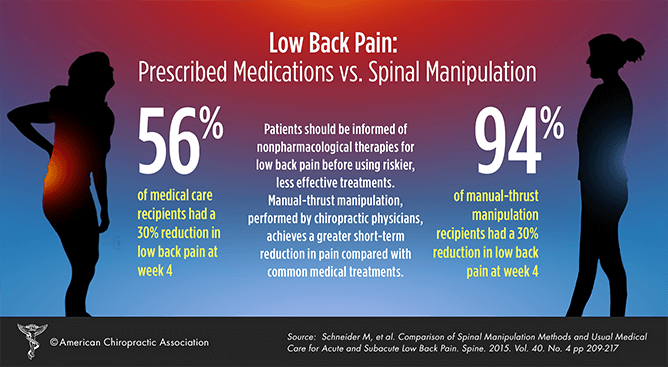Indicators You May Requirement Soft Tissue Treatment For Pain Alleviation
Indicators You May Requirement Soft Tissue Treatment For Pain Alleviation
Blog Article
Written By-Spencer Kamper
If you've been taking care of consistent muscle mass tension or tightness, you could be questioning if there's a far better option than simply over-the-counter discomfort alleviation. Minimal range of movement and recurring pain after an injury can seriously impact your day-to-day live. These indications often indicate that your body requires much more targeted care. So, exactly how do you know when it's time to think about soft Tissue therapy? Allow's check out some crucial indicators that may shock you.
Persistent Muscle Mass Tension and Stiffness
If you typically find yourself really feeling tight and tight after a long day, you could be managing chronic muscle mass tension. This discomfort can sneak in from day-to-day tasks, inadequate pose, and even stress.
You might discover that certain locations, like your neck or shoulders, feel particularly tight, making it tough to loosen up. Ignoring this stress can result in more substantial concerns, influencing your general wellness.
You might locate it challenging to loosen up or really feel exhausted despite obtaining sufficient rest. Incorporating normal stretches or gentle activity can help ease several of this tightness, but it mightn't suffice.
If the stress continues, seeking soft Tissue therapy can provide the alleviation you require, helping to bring back balance and convenience in your body.
Limited Series Of Activity
A minimal series of activity can considerably affect your day-to-day tasks and overall quality of life. You could find easy jobs, like reaching for a product on a rack or bending down to link your footwear, coming to be progressively hard.
This constraint frequently originates from limited muscular tissues, joint concerns, or previous injuries, making movement uneasy or even unpleasant. When you can not relocate freely, it influences your capability to workout, play sporting activities, or engage in leisure activities you delight in.
Soft Tissue treatment can help relieve these problems by targeting the underlying muscle mass tension and boosting adaptability. If you observe tightness, pain, or a lack of ability to totally extend or flex your joints, it's worth considering therapy to restore your mobility and enhance your overall health.
Persistent Discomfort After Injury
Experiencing persistent pain after an injury can be irritating and incapacitating. https://damienmicwq.wizzardsblog.com/33016881/open-your-peak-performance-with-sports-massage-prior-to-your-next-video-game may've assumed the discomfort would fade with time, but when it sticks around, it might indicate a much deeper issue.
This ongoing pain might impede your day-to-day tasks and influence your lifestyle. see here now might notice rigidity, swelling, or level of sensitivity in the damaged location, which can restrict your capability to relocate openly.
If you have actually attempted remainder, ice, or non-prescription medicines without success, it's essential to take into consideration soft Tissue treatment. This strategy targets the muscle mass, tendons, and ligaments bordering the injury, advertising recovery and pain alleviation.
Don't let relentless discomfort control your life-- look for professional assistance to come back on course and restore your flexibility.
Final thought
If you're experiencing persistent muscular tissue stress, minimal series of movement, or consistent discomfort after an injury, it's time to think about soft Tissue treatment. Overlooking these signs can cause additional discomfort and hinder your daily activities. Rather than depending entirely on over-the-counter medications, seeking professional help can effectively address your signs and promote healing. Do not await your discomfort to get worse-- take action currently and enhance your quality of life with the right therapy.
